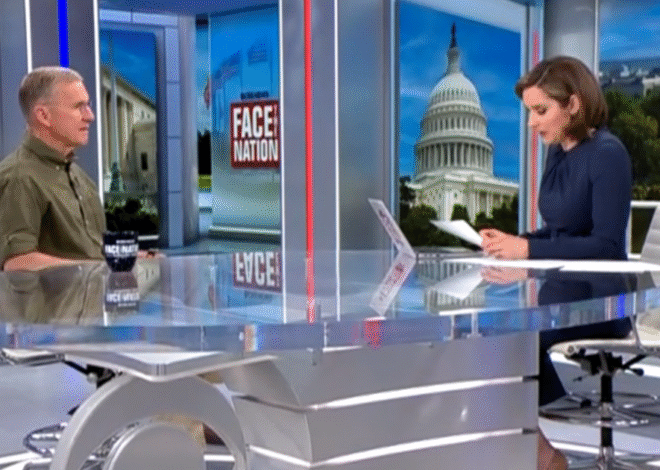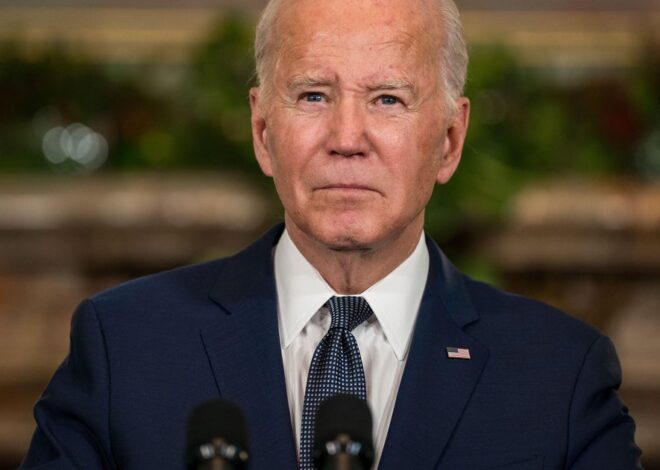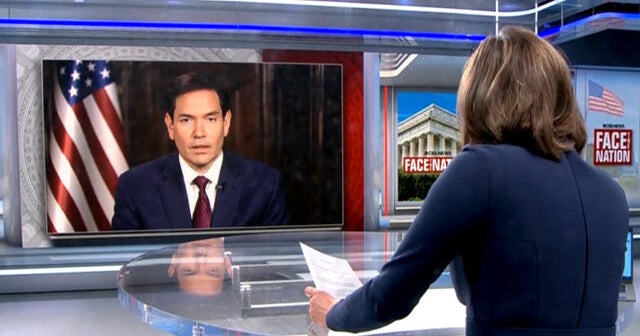
Rubio Hints at Potential Developments in Afrikaner Refugee Resettlement Dispute
Controversy Over Refugee Status for White South Africans
It was like any other policy announcement, only it stirred emotions far beyond Washington’s usual sphere. Secretary of State Marco Rubio, taking a stand on a fresh, contentious policy, found himself in the limelight-defending the Trump administration’s decision to grant refugee status to White South Africans. Some might say it’s an echo of past debates about who the U.S. should offer a haven to. Rubio urged people to embrace this move, suggesting it’s what the United States ought to represent.
On a Sunday morning, with the sun just beginning to warm the capital, Rubio shared his thoughts on “Face the Nation with Margaret Brennan.” He spoke of how America should be a beacon for the oppressed. Maybe it’s a familiar refrain in political discourse, yet every time it’s said, it seems to ring differently. You wonder if everyone hears the same melody or if some catch an off-note.
Recently, 59 individuals from South Africa’s Afrikaner community found new ground beneath their feet in the U.S. It all followed a directive from President Trump earlier in the year. He ordered the resettlement of South Africans of European descent, Afrikaners specifically, through the refugee program. It’s a twist that has people talking and questioning motives. It’s not every day that a policy stirs such a complex mix of past grievances and present politics.
Now, the backdrop: South Africa, a land scarred by apartheid’s shadow, still grapples with its legacy. There’s a law, controversial and much-debated, that’s been cited by the White House and Elon Musk, who himself hails from South Africa. They argue it targets White South Africans, letting the government seize private lands under certain conditions. The end of apartheid in 1994 was meant to be a new beginning, yet here we are-debating who’s oppressed.
President Trump didn’t stop there. He signed an executive order to cut aid to South Africa, claiming a genocide is happening-a claim that sends chills, even if it’s contested. Rubio backed him up, stating there’s evidence of murder and forced removals. It’s a loaded word, genocide, carrying weight and history. It leaves you pondering about perspectives and truths.
The statistics tell their own tale, often without a human face, but the numbers from BBC News paint a somber picture. Of nearly 7,000 murders between October and December 2024, only 12 were farm attacks. A stark number, yet it doesn’t whisper the stories behind it.
Rubio stressed the gravity of leaving one’s homeland, the courage it takes. It’s a sentiment that resonates, as history is full of such journeys. You think of the courage in their steps, those arriving in a place so different from their roots. There’s an understanding, perhaps, that this choice isn’t made lightly.
The story doesn’t end here. South African President Cyril Ramaphosa is expected to visit the White House. It’s a meeting that could influence the tensions and narratives on both sides. The South African government, standing firm, denies claims of racial discrimination and land confiscation.
And so, the dialogue continues-complex, layered, with echoes from the past, and whispers of what might be to come. It’s a reminder of how decisions ripple, affecting lives across the world, leaving us to wonder what the next chapter might hold…



